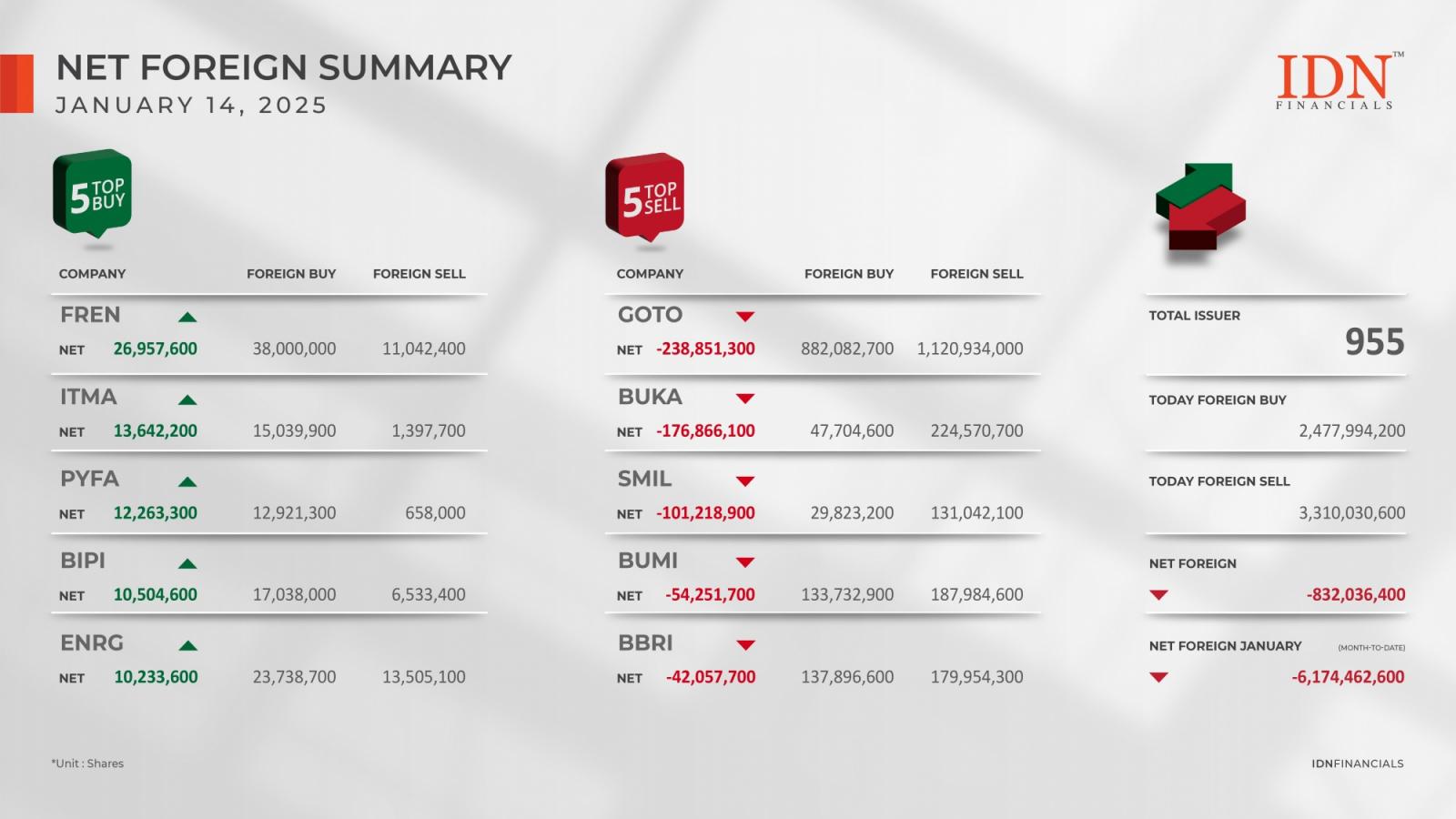
The Japanese yen weakened against other major currencies in the Asian session on Friday, as weak GDP data dampened expectations for more rate hikes by the Bank of Japan.
Data from the Cabinet Office showed that the Japans gross domestic product expanded by a seasonally adjusted 0.2 percent on quarter in the third quarter of 2024. That was in line with expectations and down from 0.7 percent in the second quarter.
On an annualized basis, GDP was up 0.9 percent, down from 2.9 percent in the three months prior.
External demand was down 0.4 percent on quarter, missing forecasts for an increase of 0.1 percent after slipping 0.1 percent in the previous three months.
The GDP price index rose 2.5 percent on year, missing expectations for 2.8 percent and slowing from 3.1 percent in the second quarter. Private consumption was up 0.9 percent on quarter - unchanged from Q2 and beating forecasts for 0.2 percent.
Asian stock markets traded higher, as traders react to a bunch of upbeat economic data from the region, including upbeat GDP data from Japan. Regional gains remained very modest after the U.S. Fed said it would slash interest rates carefully amid inflation pressures.
Federal Reserve Chair Jerome Powell signaled a cautious approach on rate cuts, given persistent inflationary pressures. Powell lauded the economy as remarkably good, the labor market as solid and noted that inflation was running much closer to the banks target.
Markets expect a hawkish Trump presidency, with focus on expected changes in trade and tariff policy.
Trading later in the day may be impacted by reaction to the latest U.S. economic data, including reports on retail sales and industrial production.
In the Asian trading today, the yen fell to nearly a 4-month low of 156.75 against the U.S. dollar and a 4-day low of 198.45 against the pound, from yesterdays closing quotes of 156.25 and 197.89, respectively. If the yen extends its downtrend, it is likely to find support around 158.00 against the greenback and 200.00 against the pound.
Against the euro, the Swiss franc and the NZ dollar, the yen slid to 2-day lows of 165.04, 176.02 and 91.72 from Thursdays closing quotes of 164.53, 175.50 and 91.39, respectively. On the downside, 167.00 against the euro, 178.00 against the franc and 93.00 against the kiwi are seen as the next support levels for the yen.
Against the Australia and the Canadian dollars, the yen edged down to 101.20 and 111.14 from yesterdays closing quotes of 100.81 and 111.12, respectively. The next possible downside targets for the yen are seen around the 103.00 against the aussie and 113.00 against the loonie.
Looking ahead, Canada manufacturing sales, new motor vehicle sales and wholesale sales data, all for September, U.S. retail sales data for October, import and export prices for October, U.S. NY Empire State manufacturing index for November, U.S. industrial and manufacturing production for October, business inventories for September and U.S. Baker Hughes oil rig count data are slated for release.





